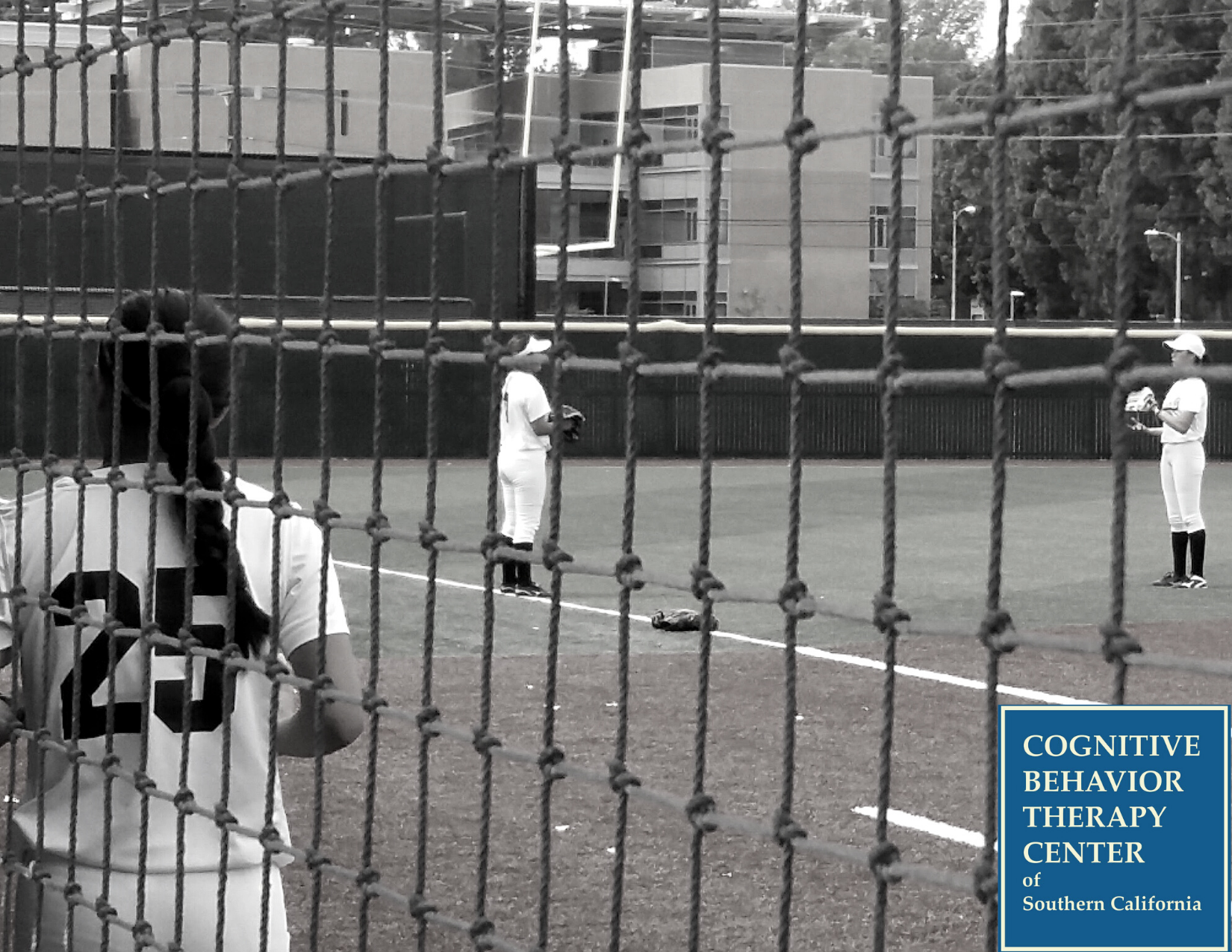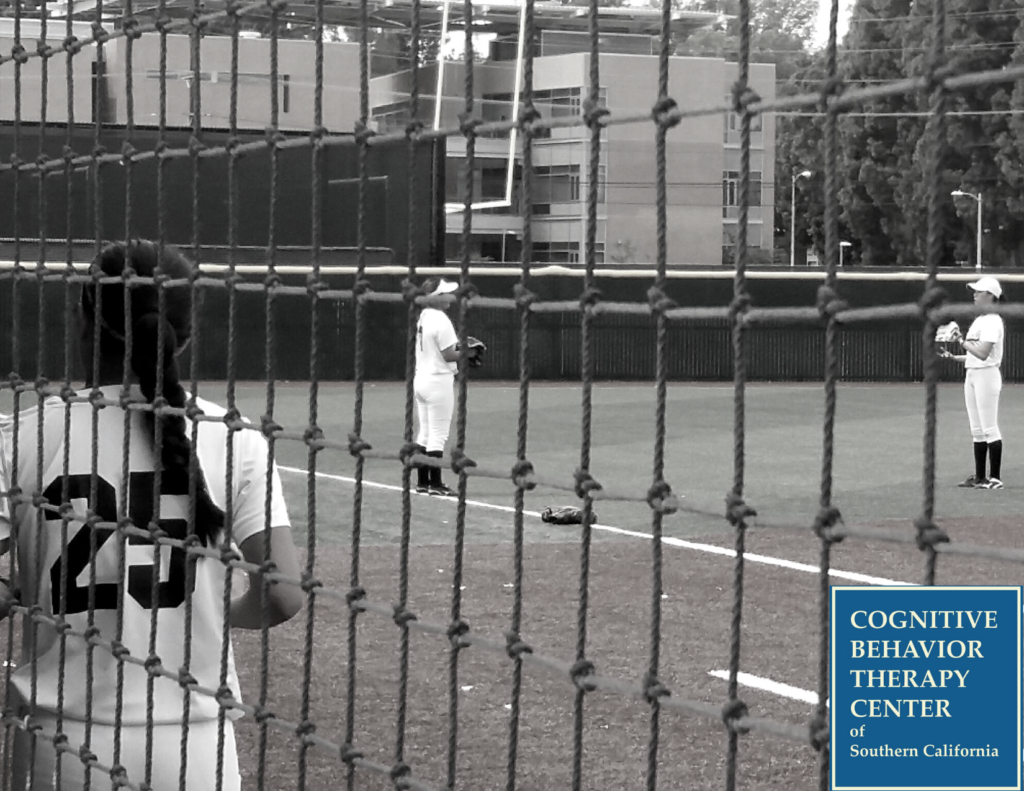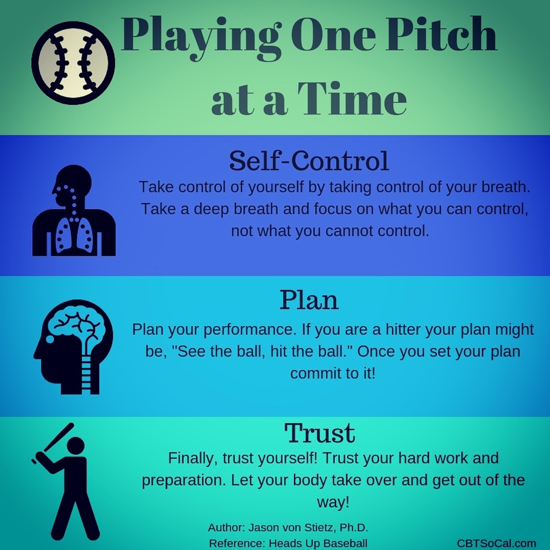Sport Psychology Case Study: A women’s community college softball team. Part 4. Mental Skills


Mental skills are a crucial part of athletic competition. The term mental skills refers to the strategies an athlete uses to regulate thoughts or feelings in a way that is conducive to performing at one’s best. Softball is a psychologically challenging sport among athletes who have played for years. For example, a batter who can get on base 3 out of 10 times is considered to be a reliable batter. This means that same batter must cope with failure 7 out of 10 times and maintain their confidence, which is no easy feat. Softball is even more psychologically straining when a team consistently plays teams that are substantially more experienced and skilled.
In a previous article, I introduced a sport psychology case study of a community college women’s softball team consisting of players with little softball experience, who faced significant hardships on and off the field. In the next article, I described how I introduced the team to the growth mindset. Next, I discussed our approach to team cohesion. Now, I will discuss the mental skills that helped the team to make the best of a long and difficult season.
What mental skills are helpful for softball players?
If a softball or baseball player is interested in learning mental skills for their sport, they need look no further than Ken Ravizza’s book Head’s Up Baseball. Ravizza was a pioneer in the field of sport psychology, who wrote what many consider to be the definitive sport psychology book for softball and baseball players at the highest level. In my work with the softball team, I introduced them to the mental skills from Head’s Up Baseball that had worked so well for so many elite players.
One of Ravizza’s key mental skills involved players learning to play softball one pitch at a time. A softball player needs to be focused on the present moment in order to perform well. If a batter is frustrated about a previous pitch or worried about a future pitch, the batter is not focused on the current pitch and will likely strike out. In order to play one pitch at a time, Ravizza taught athletes to do three things. First, a player needs to practice self-control. Second, the player needs to have a plan. Third, the player needs to trust the plan.

Mental skills such as this seem simple but are often highly effective. Even though the softball team consistently played against more skilled and more experienced teams, the players utilized the mental skills we practiced to perform their best. For example, in a post season survey, about half the team reported frequently playing one pitch at a time. One players responded to the survey by stating, “I plan to use all the mental skills I learned. I feel like practicing one skill leads to another. Focusing on what I can be control and taking things one pitch at a time leads me to positive self talk and taking a deep breath, and so on.”
In part 5, I will continue to discuss how I supported the team’s mental health needs. If you are interested in learning more about if sport psychology, conducted online, would be helpful for you then schedule a free phone or video consultation.

Dr. Jason von Stietz specializes in Cognitive Behavior Therapy and Sport/Performance Psychology in Torrance, CA. He provides online therapy (telehealth) by way of the Torrance office and is available for a free initial phone consultation. Dr. von Stietz works with individuals from Long Beach, the greater Los Angeles area, and the South Bay including Palos Verdes, Redondo Beach, Hermosa Beach, Manhattan Beach, El Segundo and all over California.




